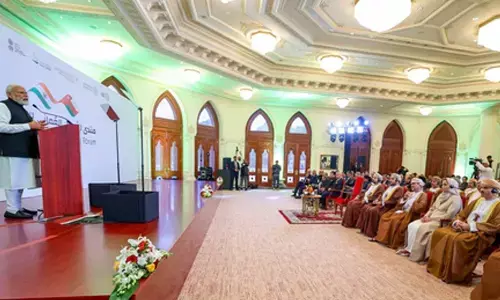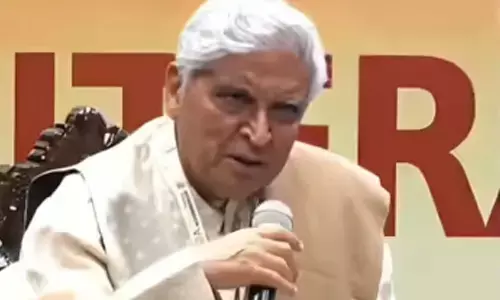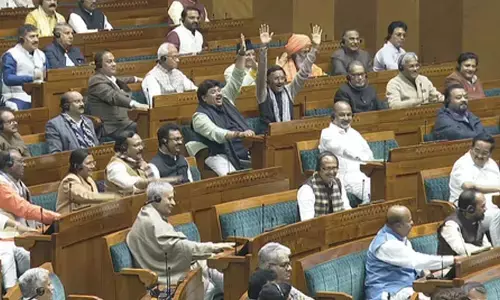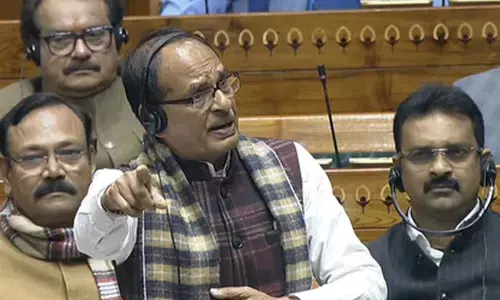Single deposit of Rs 2 crore, more to qualify as 'bulk deposit', says RBI
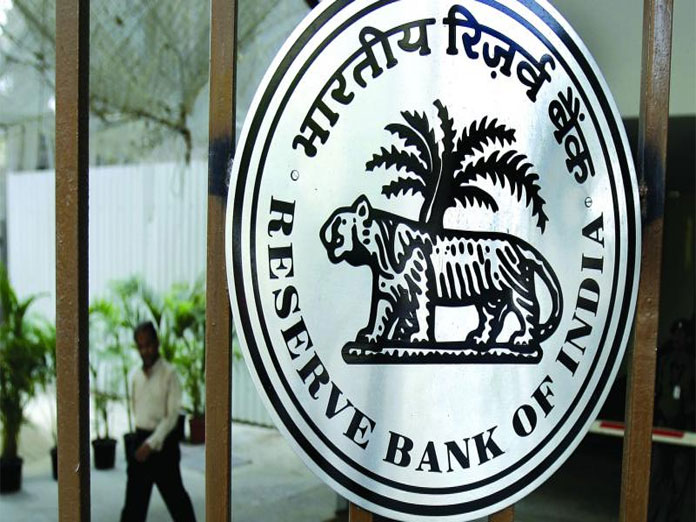
The Reserve Bank of India RBI on Thursday decided to raise the criteria for bulk deposits for banks to Rs 2 crore from the current Rs 1 crore, to provide more operational freedom to lenders to raise funds
Interest rate on bulk deposits are marginally higher than smaller-amount fixed deposits for similar maturity period.
Mumbai: The Reserve Bank of India (RBI) on Thursday decided to raise the criteria for 'bulk deposits' for banks to Rs 2 crore from the current Rs 1 crore, to provide more operational freedom to lenders to raise funds.
Banks have been given discretion to offer differential rate of interest on the bulk deposits as per their requirements and asset-liability management (ALM) projections.
Interest rate on bulk deposits are marginally higher than smaller-amount fixed deposits for similar maturity period.
In a statement, the RBI said that with a view to enhance the operational freedom of banks in raising deposits, it is proposed to revise the definition of bulk deposits "as single rupee deposits of Rs 2 crore and above".
It also proposed that banks would maintain their bulk deposit interest rate cards in the core banking system for supervisory review.
The instructions regarding bulk deposits were last reviewed in January 2013 and defined as single rupee deposits of Rs 1 crore and above.
The RBI also said it would "shortly" take a decision on a proposal for setting up an umbrella organisation (UO) for urban cooperative banks.
The proposal was mooted by the National Federation of Urban Cooperative Banks and Credit Societies Ltd. (NAFCUB).
The structure, size, lack of avenues for raising capital funds and limited area of operation of the primary (urban) co-operative banks (UCBs) add to their financial vulnerabilities.
A long-term solution to make the UCB sector financially resilient and to enhance the depositors' confidence is to set up an UO as prevalent in many countries.
The idea of setting up of UO for the UCB sector was first mooted in 2006 by the working group set up by the RBI on the augmentation of capital of UCBs.
It was examined in greater detail by the working group on UO and Constitution of Revival Fund for Urban Cooperative Banks in 2009 and the Expert Committee on Licensing of New Urban Co-operative Banks in 2011.
The need for UO has also been stressed by the high-powered committee on UCBs in 2015.
The UO, apart from extending liquidity and capital support to its member UCBs, would also be expected to set up information and technology (IT) infrastructure for shared use of members to enable them to widen their range of services.
It can also offer fund management and other consultancy services.
The central bank further said it would come out with a discussion paper on comprehensive guidelines covering payments-related activities of intermediaries like payment gateway providers and payment aggregators.










